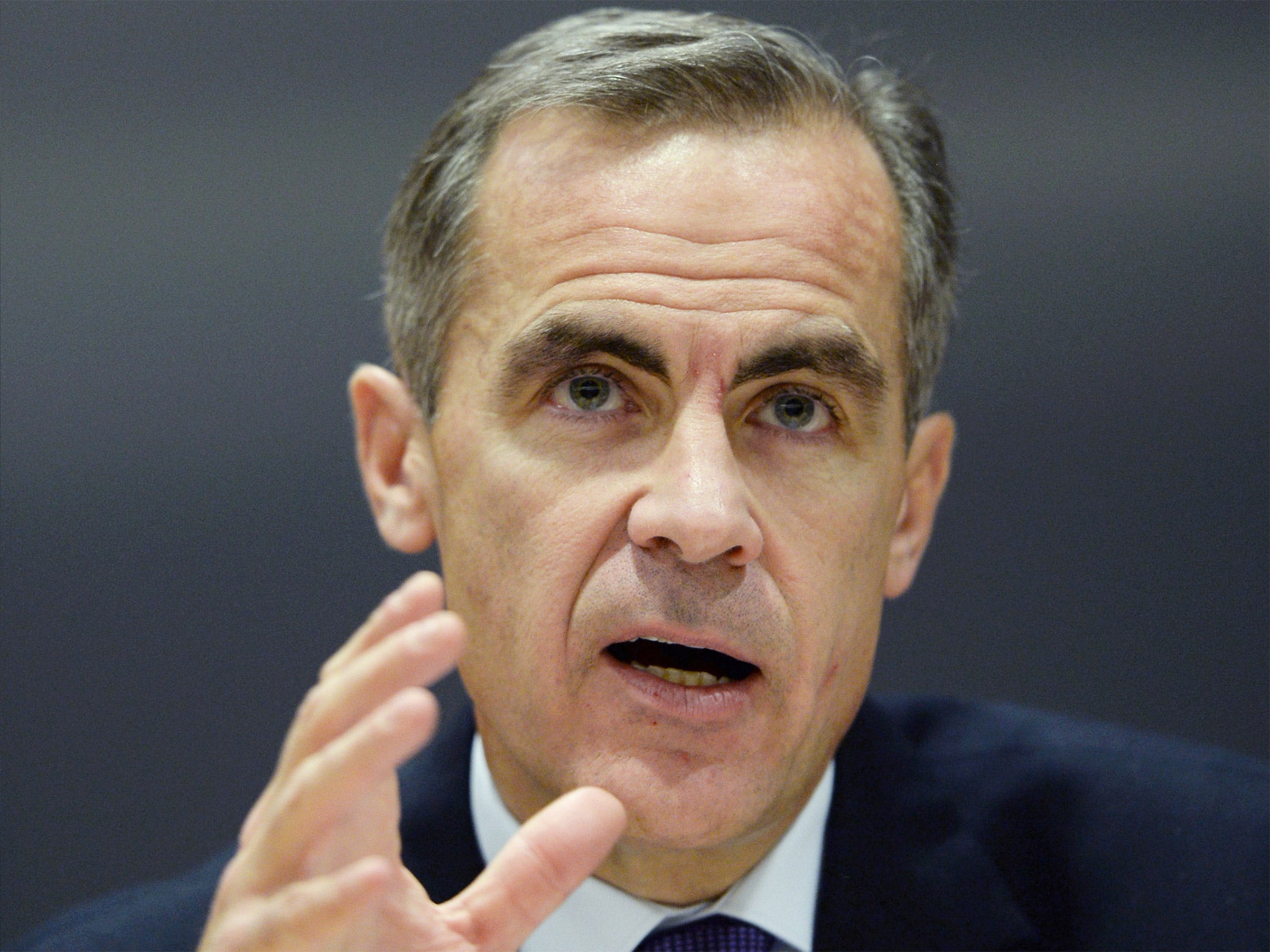Your support helps us to tell the story
From reproductive rights to climate change to Big Tech, The Independent is on the ground when the story is developing. Whether it's investigating the financials of Elon Musk's pro-Trump PAC or producing our latest documentary, 'The A Word', which shines a light on the American women fighting for reproductive rights, we know how important it is to parse out the facts from the messaging.
At such a critical moment in US history, we need reporters on the ground. Your donation allows us to keep sending journalists to speak to both sides of the story.
The Independent is trusted by Americans across the entire political spectrum. And unlike many other quality news outlets, we choose not to lock Americans out of our reporting and analysis with paywalls. We believe quality journalism should be available to everyone, paid for by those who can afford it.
Your support makes all the difference.Mark Carney has highlighted the economic benefits conferred on Britain thanks to its membership of the European Union, in a major fillip for the In campaign, ahead of the crunch referendum which must take place before the end of 2017.
“Broadly speaking, the evidence suggests that the UK has successfully harnessed the benefits of openness afforded by its EU membership, while avoiding some of the drawbacks of reduced flexibility from which some continental European economies suffer,” said Mr Carney in a speech in Oxford.
The Governor went on to describe the UK as the “leading beneficiary” of the free movement of goods, services and capital across the EU. On the vexed issue of immigration from the EU, he suggested the free movement of labour helped tackle domestic skills’ shortages.
However, wary of being labelled as a cheerleader for the In campaign in the forthcoming referendum debate, Mr Carney stressed that the Bank has not conducted a comprehensive assessment of the pros and cons of the UK’s membership. “Answering that question involves much, much broader issues,” he said.
The Governor was presenting the results of Bank of England research into the economic effect of the UK’s EU membership and its impact on the Bank’s ability to achieve its core objectives of maintaining domestic monetary and financial stability.
But the Bank did not examine the economic ramifications of Britain departing the EU or of Britain not joining the single market in 1973. “That’s a counterfactual which I can’t know,” said Sir Jon Cunliffe, the deputy governor who led the research.
Mr Carney conceded that Britain’s economy had been set back by the eurozone crisis. “As a result of closer integration within the EU and, more recently with the euro area crisis, this may have increased the challenges to UK economic and financial stability,” he said. He also stressed the need for the EU to “safeguard” the interests of non-eurozone nations, including the UK, as it presses ahead with further financial sector integration.
Mr Carney was critical of the EU’s recent legislation on capping bankers’ bonuses as a proportion of their salaries, which he said would have the unintended consequence of boosting fixed salaries. He also objected to a reduced role for “national discretion” in supervising the insurance sector.
Before last year’s Scottish independence referendum Mr Carney warned of the financial risks of Scotland breaking away from the UK, in a move widely seen as bolstering the No campaign in that poll. He also recently warned about the dangers to financial stability posed by climate change.
The Bank’s research on Britain’s EU membership came to light after news of its existence was accidentally emailed to a journalist in May.
Lord Lawson, a former Chancellor of the Exchequer, said Mr Carney was “skating on thin ice” by intervening in the EU referendum debate.
He said he was entitled to enter the debate on Scottish independence as he was concerned about the currency issue, but that the EU debate was “quite different”.
Subscribe to Independent Premium to bookmark this article
Want to bookmark your favourite articles and stories to read or reference later? Start your Independent Premium subscription today.

Join our commenting forum
Join thought-provoking conversations, follow other Independent readers and see their replies
Comments